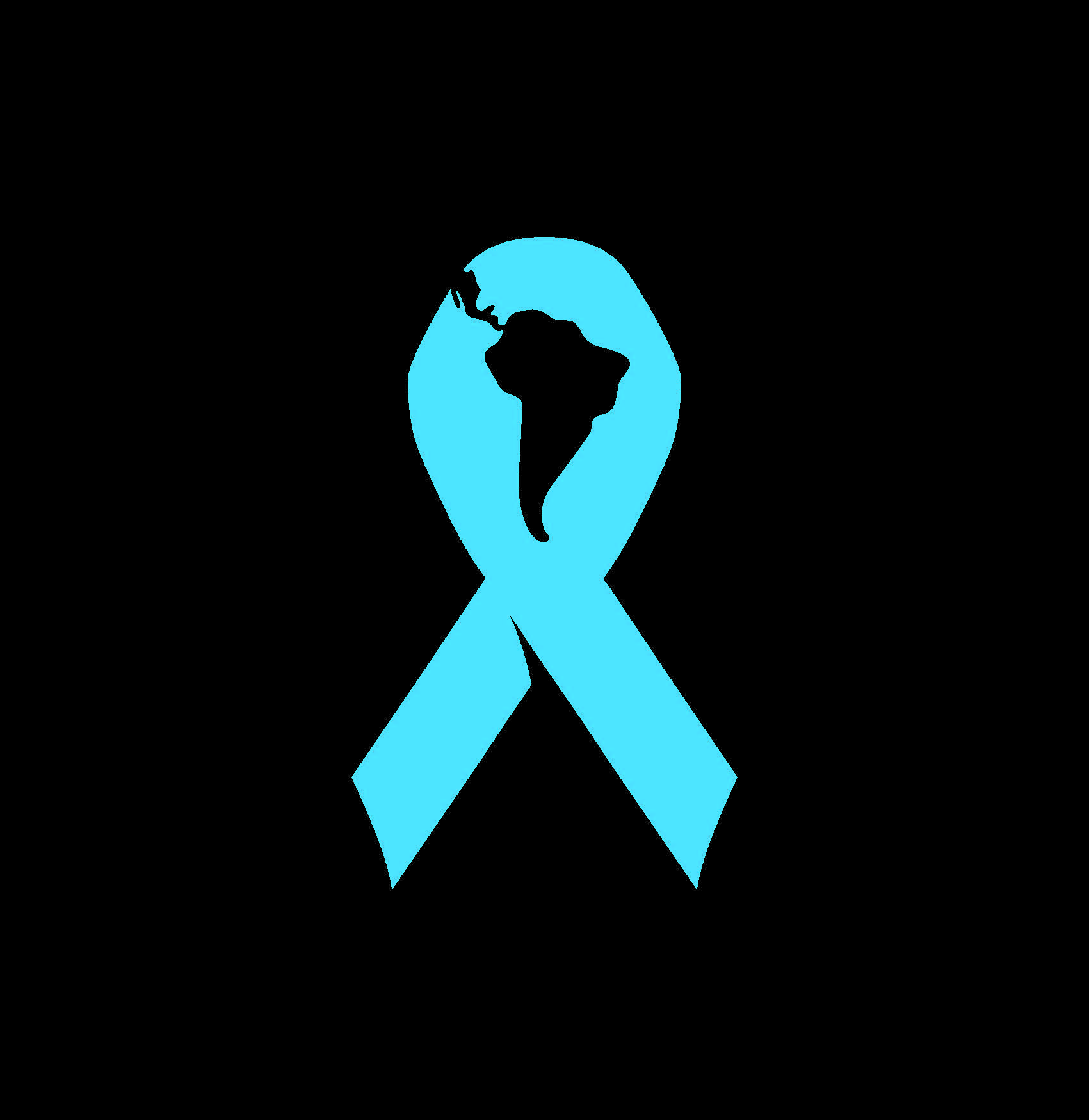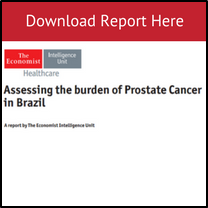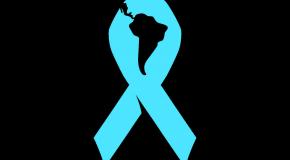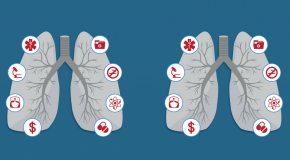Prostate cancer is placing an ever-growing burden on already strained Latin American healthcare systems, as both the incidence of the disease and mortality rates rise. For the purposes of this report, Latin America encompasses the territory from the northern border of Mexico to the southern tip of South America, including the Caribbean.
Prostate cancer is the leading cause of male cancer-related deaths in the region, and the disease and economic burden is set to rise in tandem with longevity and changes in lifestyle and diet.
Addressing this rapid growth is thus an urgent task, and one that higher-income countries around the world have addressed with some success through patient-centred healthcare. In the US, for example, integrated-care systems have been delivered though accountable care organisations that focus on patient needs.
The World Health Organisation (WHO) says that "integrated people-centred health services means putting the needs of people and communities, not diseases, at the centre of health systems, and empowering people to take charge of their own health".[i] However, integrated and patient-centred healthcare has seen a slow rate of adoption in the Latin America region. This suggests that much work needs to be done to sharpen the focus on respecting and responding to patient needs.
This report draws on findings from an Economist Intelligence Unit study, Assessing the burden of Prostate Cancer in Brazil,[ii] and in-depth interviews with ten experts on cancer care in the region. It assesses current prostate-cancer developments and provides real-world examples from Brazil, Colombia, Costa Rica and Mexico of how institutions are addressing, or failing to address, prostate cancer through a patient-centred approach.
Learn more by downloading our 'Assessing the burden of Prostate Cancer in Brazil' report below.
[i] WHO, WHO Framework on integrated people-centred health services. Available at: http://www.who.int/servicedeliverysafety/areas/people-centred-care/en/
[ii] The Economist Intelligence Unit, Assessing the burden of Prostate Cancer in Brazil, October 2016.







